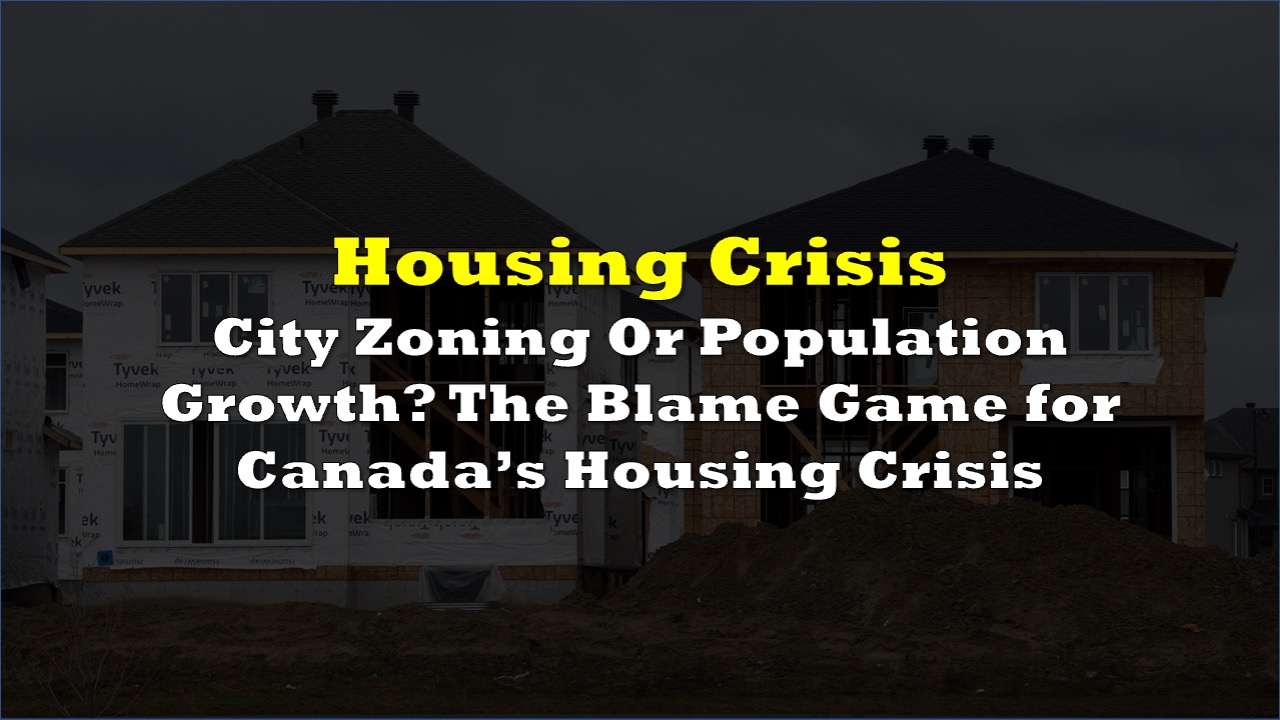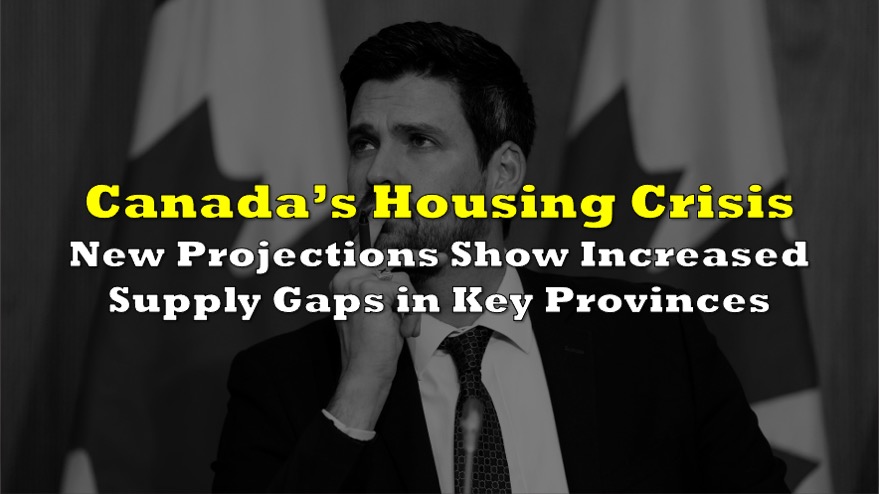In a recent editorial published in The Globe and Mail, the escalating crisis in Canada’s housing market was highlighted. It begins by referring to a Leger poll where Prime Minister Justin Trudeau tops the list of those blamed for the housing woes, with 40% of respondents pointing fingers at Ottawa. The Globe argues that this blame game overlooks the critical role of municipalities in shaping housing policy and supply.
They acknowledge that while the federal government has made various efforts to address the housing crisis, including providing low-cost loans to builders and increasing immigration, the results have fallen far short of the needed millions of new homes.
The Globe asserts that the real responsibility lies with cities, where zoning restrictions and a lack of available land hinder the construction of much-needed housing. They highlight the ongoing debates in city councils, such as Calgary and Vancouver, where modest increases in housing density are being considered. They posit that these incremental changes are insufficient to address the magnitude of the problem and call for a massive response to the housing crisis.
They propose a radical shift in approach, a need to “legalize” and speed up homebuilding by removing restrictive zoning regulations, reminding everyone that Canada has not surpassed the number of homes built in 1974, despite the country’s growing population.
John Pasalis, president and broker of record at Realosophy Realty Inc. and a Toronto real estate analyst, challenges this notion — calling it a “naïve assumption.”
According to the Globe and Mail
— John Pasalis (@JohnPasalis) September 12, 2023
Canada's thousands of mayors have collectively caused our national housing crisis
Let's explore this theory a bit further 🧵⤵️https://t.co/vWSG9dS47L
Pasalis argues that the housing supply theory that the editorial builds on, which suggests that removing zoning restrictions would lead to more affordable housing, doesn’t align with real-world outcomes. He cites economist Chris Mayer’s research, which indicates that even in markets with fewer zoning requirements, house prices are still influenced by construction costs, not just supply and demand.
Economist Chris Mayer offers a succinct summary of this theory below
— John Pasalis (@JohnPasalis) September 12, 2023
Have home prices remained flat in Houston, Atlanta and Charlotte over the past decade because of few zoning restrictions & the easy availability of land?
No, they appreciated at the same rate as Toronto 3/ pic.twitter.com/3wiB9z43ZC
He underscores that Canada’s rapid population growth, without concurrent efforts to increase housing supply and infrastructure, has contributed significantly to the current housing affordability problem.
Read: More Canadians Are Concerned About Immigration As the Cost of Rent Hits New Highs
“The Globe is correct that municipalities need to do more to encourage more housing,” he wrote. “What they are wrong about is that these complex changes that allow a country to rapidly build more homes needed to be solved BEFORE Canada tripled its population growth rate.”
Whoever wins the blame game, Canadians still lose at the end of the day. While both assumptions have valid assertions and they all contribute to the issue, the reality remains that there’s still no clear solution to move forward.
Information for this story was found via The Globe and Mail, John Pasalis on X, and the sources and companies mentioned. The author has no securities or affiliations related to the organizations discussed. Not a recommendation to buy or sell. Always do additional research and consult a professional before purchasing a security. The author holds no licenses.









